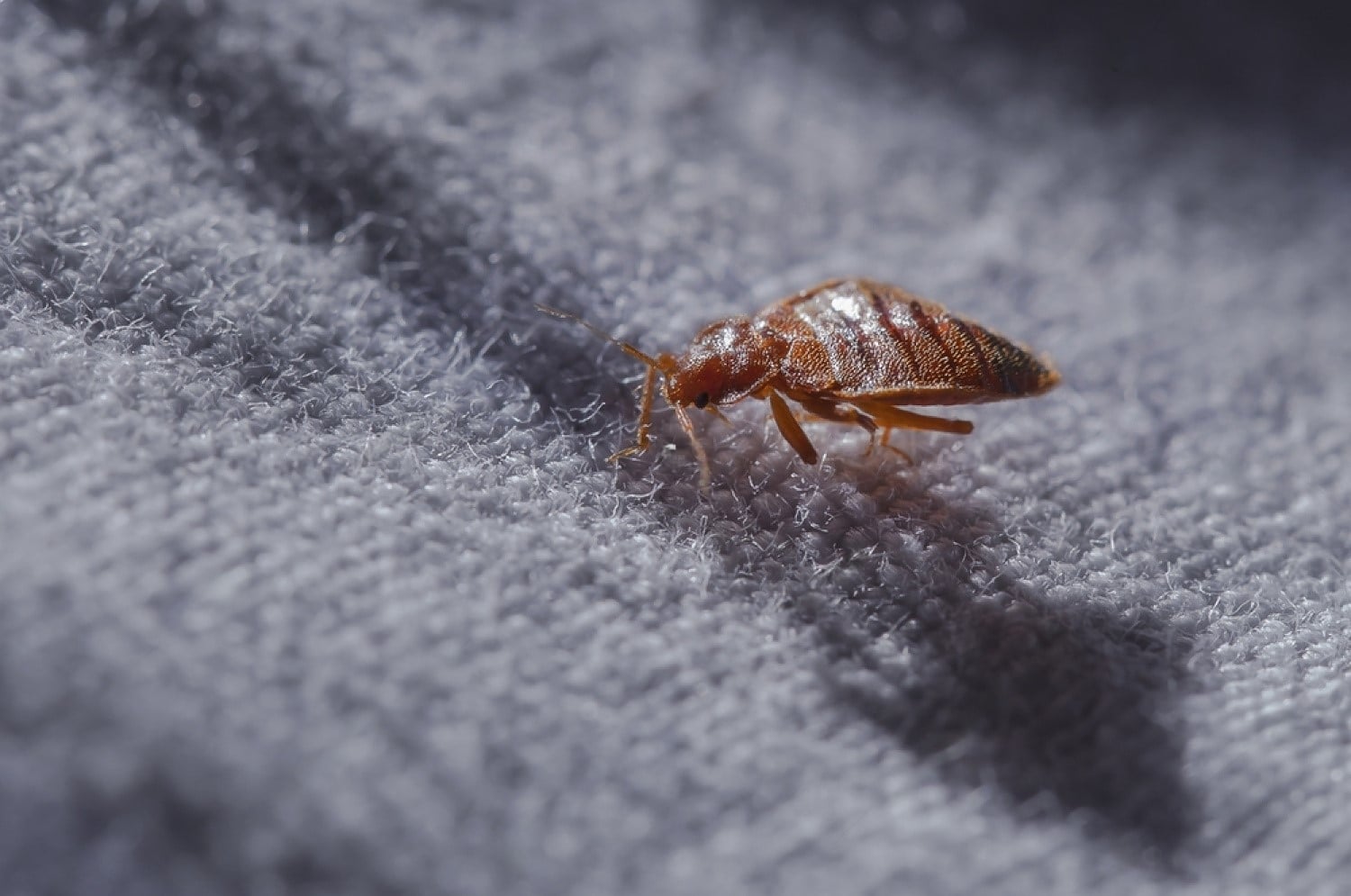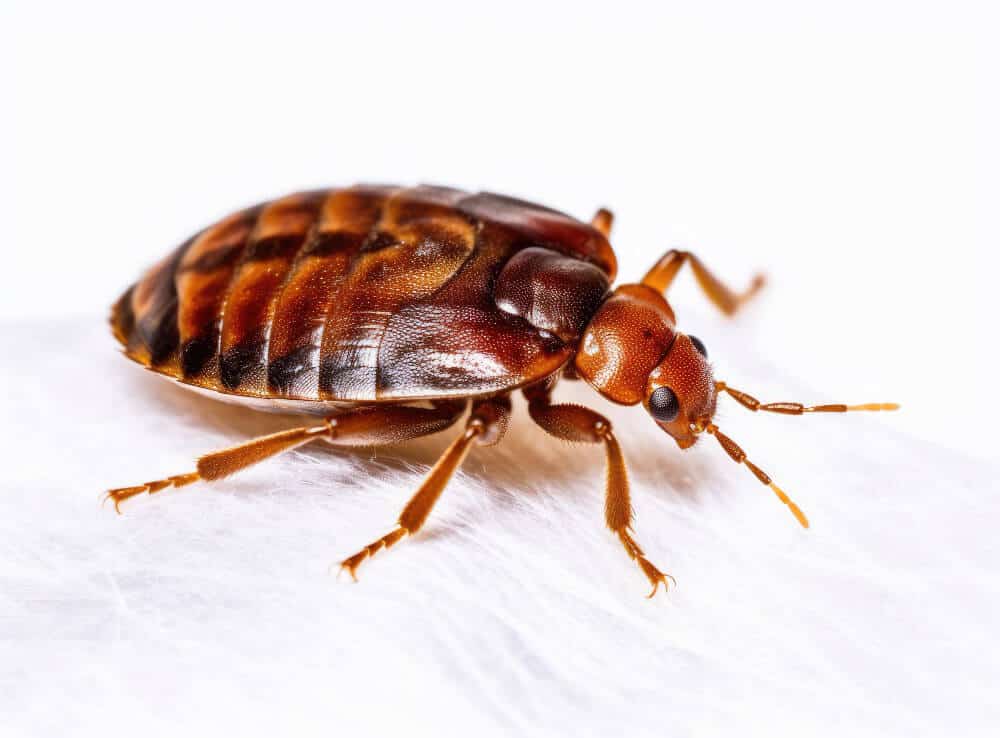Leading A1 Bed Bug Treatment in Houston - Quick and Affordable
Leading A1 Bed Bug Treatment in Houston - Quick and Affordable
Blog Article
Recognizing the Lifecycle of Bugs for Targeted Control Strategies
Understanding the lifecycle of pests is a fundamental element of effective parasite monitoring approaches. With a much deeper understanding of just how bugs flourish and develop, customized control approaches can be designed to resolve particular points in their lifecycle, inevitably leading to more successful pest management results.
Significance of Recognizing Parasite Lifecycle
Comprehending the lifecycle of bugs is necessary for creating reliable and targeted control techniques in pest monitoring. By comprehending the different phases an insect goes through from egg to adult, bug control specialists can recognize susceptible points in the lifecycle where treatment can be most effective.
Additionally, acknowledging the certain ecological conditions essential for each stage of the insect's lifecycle can guide decisions on environment adjustment or exemption approaches to interrupt the lifecycle and lower insect populations. This knowledge makes it possible for pest monitoring specialists to execute positive procedures instead of depending solely on responsive treatments, causing more lasting and long-term bug control remedies. Ultimately, a detailed understanding of pest lifecycles encourages insect control practitioners to tailor their methods successfully, minimizing environmental effects and taking full advantage of control end results.
Secret Stages in Bug Advancement
To successfully carry out targeted control techniques in insect administration, a vital element exists in comprehensively identifying and recognizing the crucial phases in insect development. Parasite advancement generally is composed of a number of key stages that are critical for their lifecycle and administration.

Susceptabilities in Insect Lifecycle
Throughout the numerous phases of a parasite's lifecycle, distinctive susceptabilities emerge that can be purposefully targeted for efficient control actions (A1 bed bug extermination houston). One crucial susceptability exists in the egg stage, where insects are typically extra prone to particular pesticides or organic control representatives due to their soft external shell, making them simpler targets for treatment. Comprehending these susceptabilities in the pest lifecycle is important for developing efficient and accurate control strategies that efficiently take care of parasite populations while reducing Get More Info environmental influence.
Implementing Targeted Control Steps
.jpg)
Executing targeted control measures usually entails a multi-faceted approach. This might include habitat adjustment to make the atmosphere less friendly to pests, such as removing standing water for insect control or securing entry points for rats. Furthermore, organic control approaches can be utilized, where natural predators or pathogens browse around this site are presented to keep parasite populations in check.
Chemical control, such as the mindful application of chemicals, is another typical technique. However, it is important to utilize these compounds sensibly to reduce ecological impact and prospective injury to non-target types. Integrated Bug Management (IPM) approaches that incorporate numerous control measures in a collaborated and lasting way are often the most reliable in accomplishing long-term bug management goals. By implementing targeted control procedures based upon a comprehensive understanding of insect lifecycles, insect populations can be properly controlled while lessening risks to human health and wellness and the setting.
Enhanced Pest Monitoring Practices

In addition, the unification of biological control agents, such as all-natural predators or why not try here pathogens of parasites, can help decrease dependence on chemical pesticides and advertise a more well balanced ecological community. Applying physical obstacles and traps can additionally belong to enhanced parasite administration techniques, offering non-toxic and targeted solutions for bug control. Furthermore, making use of scents and other semiochemicals can interrupt pest breeding patterns and communication, bring about reduced bug populations with time.
Final Thought
By recognizing key stages in parasite advancement and susceptabilities in their lifecycle, targeted control procedures can be applied to minimize insect populations. Boosted bug management methods can help lower the dependence on broad-spectrum pesticides and advertise more environmentally friendly and lasting pest control methods.
Comprehending the lifecycle of pests is essential for creating reliable and targeted control techniques in parasite administration. By understanding the different stages a pest goes with from egg to grownup, parasite control specialists can identify prone factors in the lifecycle where intervention can be most successful. Inevitably, a comprehensive understanding of bug lifecycles empowers parasite control professionals to tailor their techniques efficiently, maximizing and lessening environmental influences control outcomes.
By implementing targeted control measures based on a comprehensive understanding of bug lifecycles, bug populaces can be properly controlled while minimizing risks to human wellness and the environment.
By determining crucial stages in bug development and vulnerabilities in their lifecycle, targeted control measures can be carried out to decrease insect populaces.
Report this page